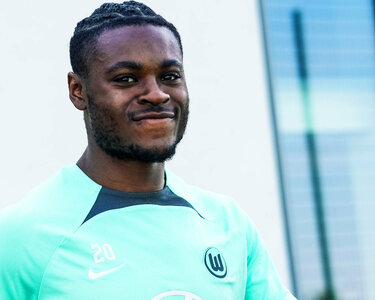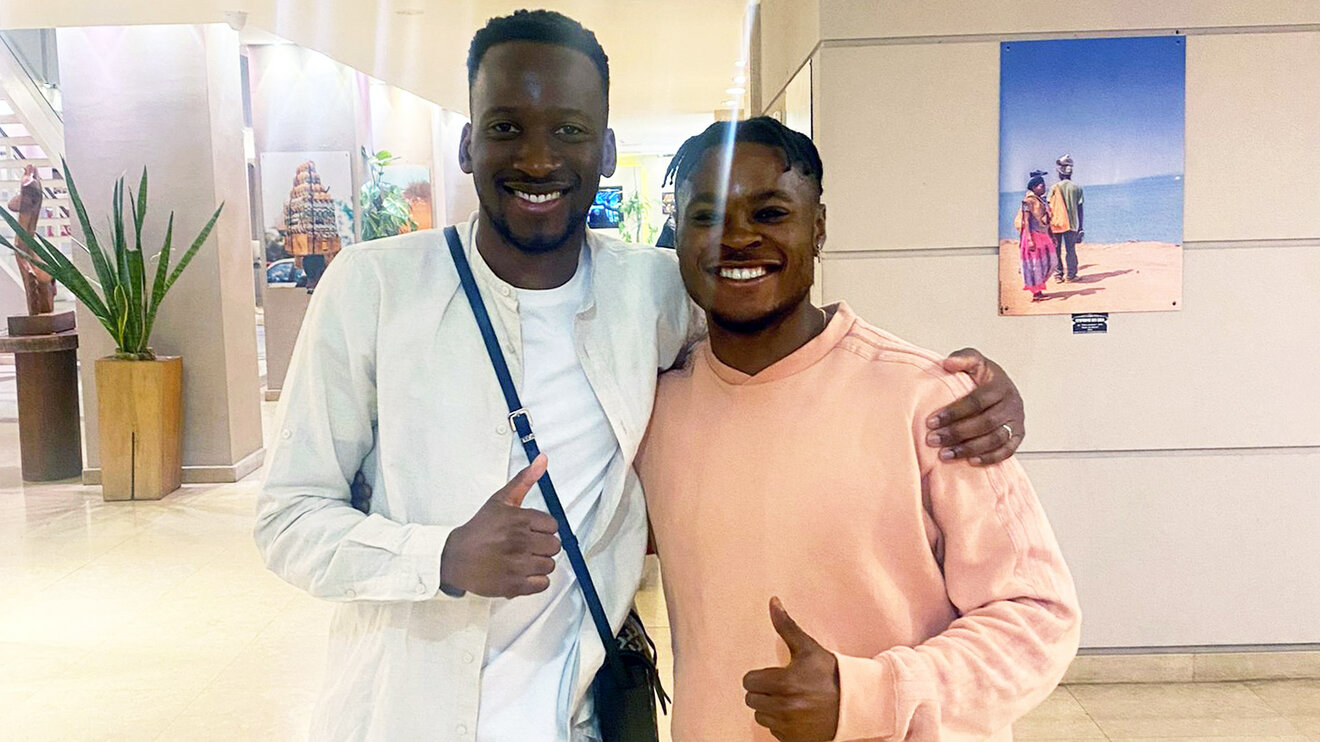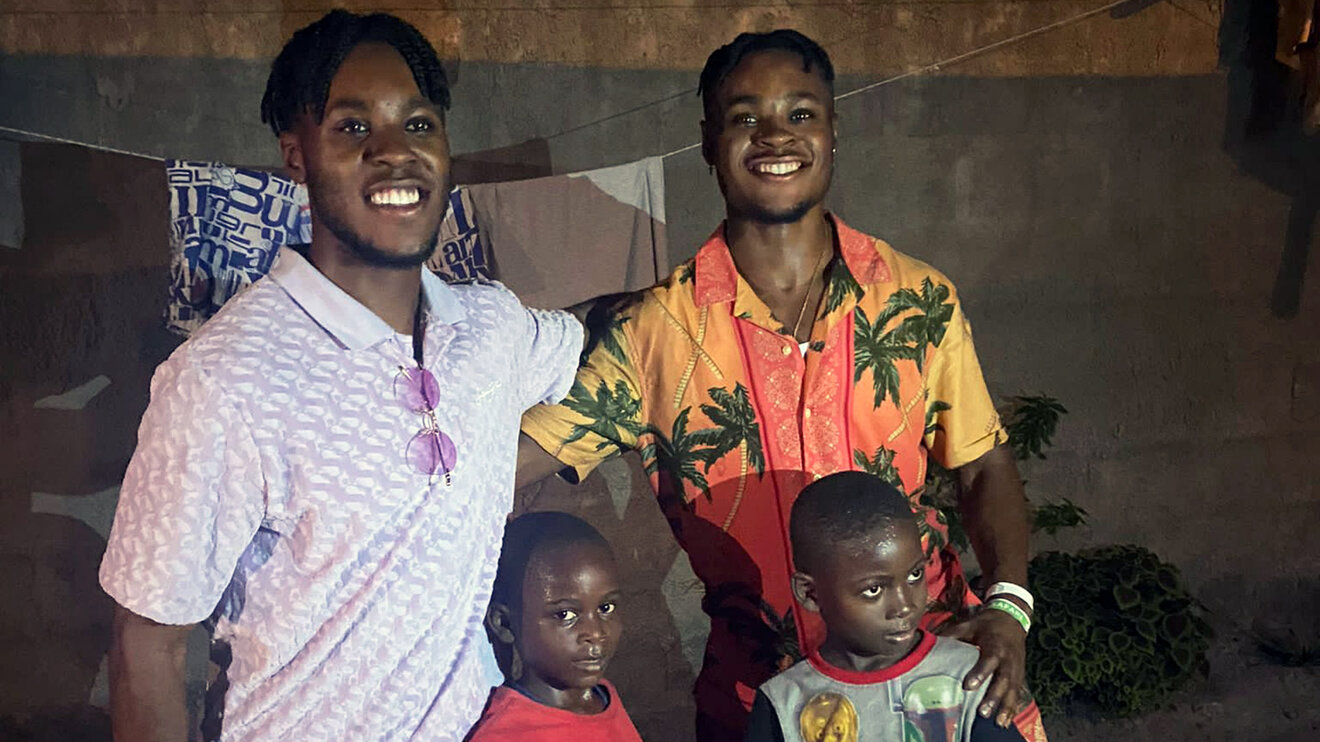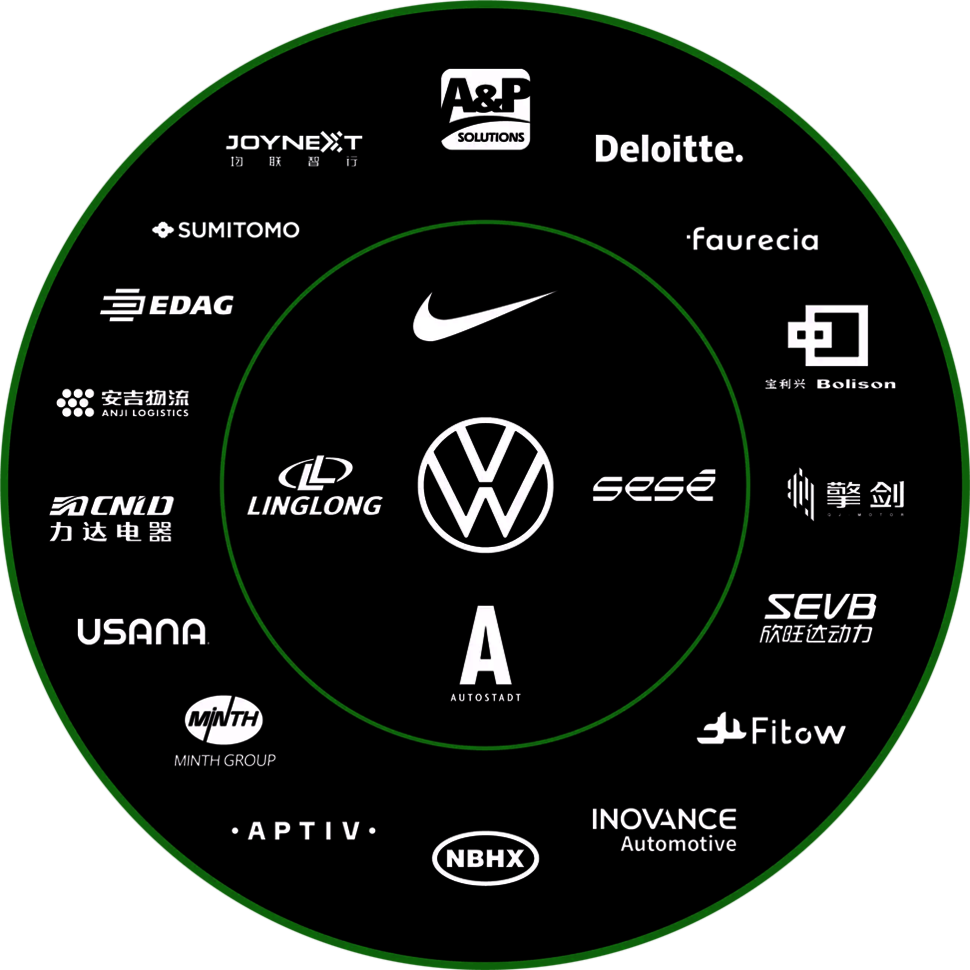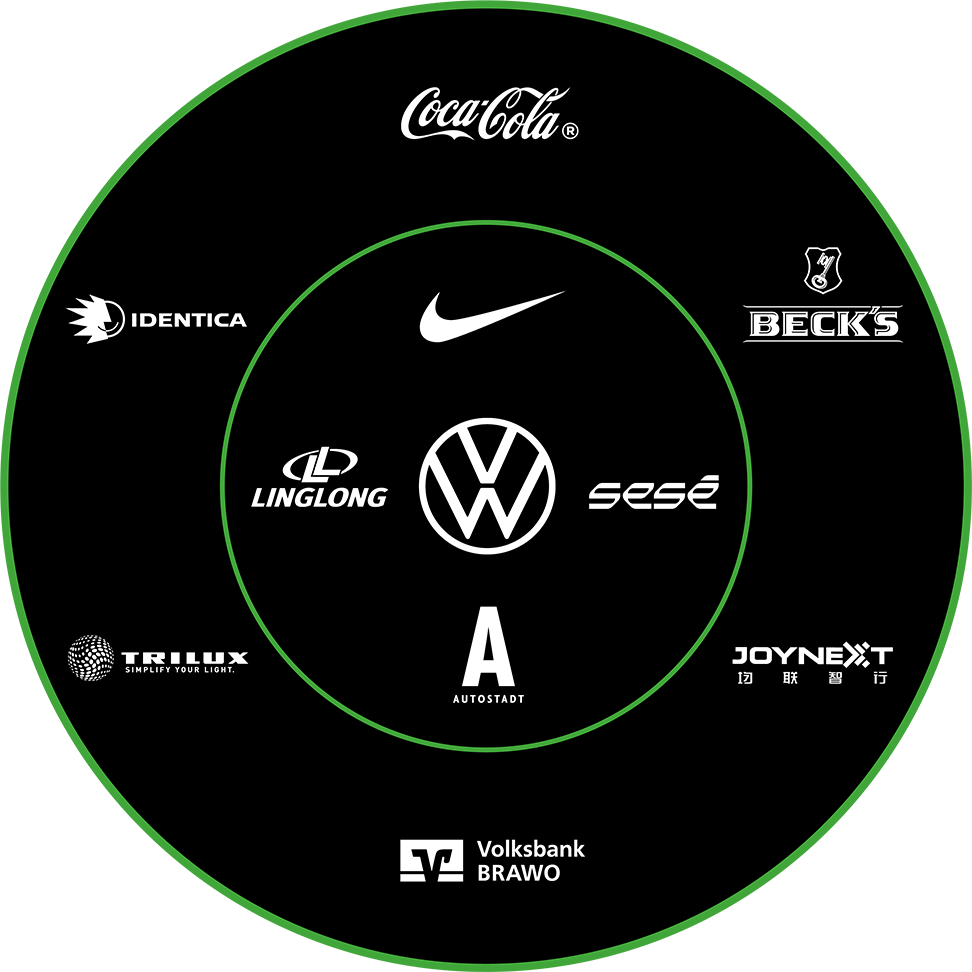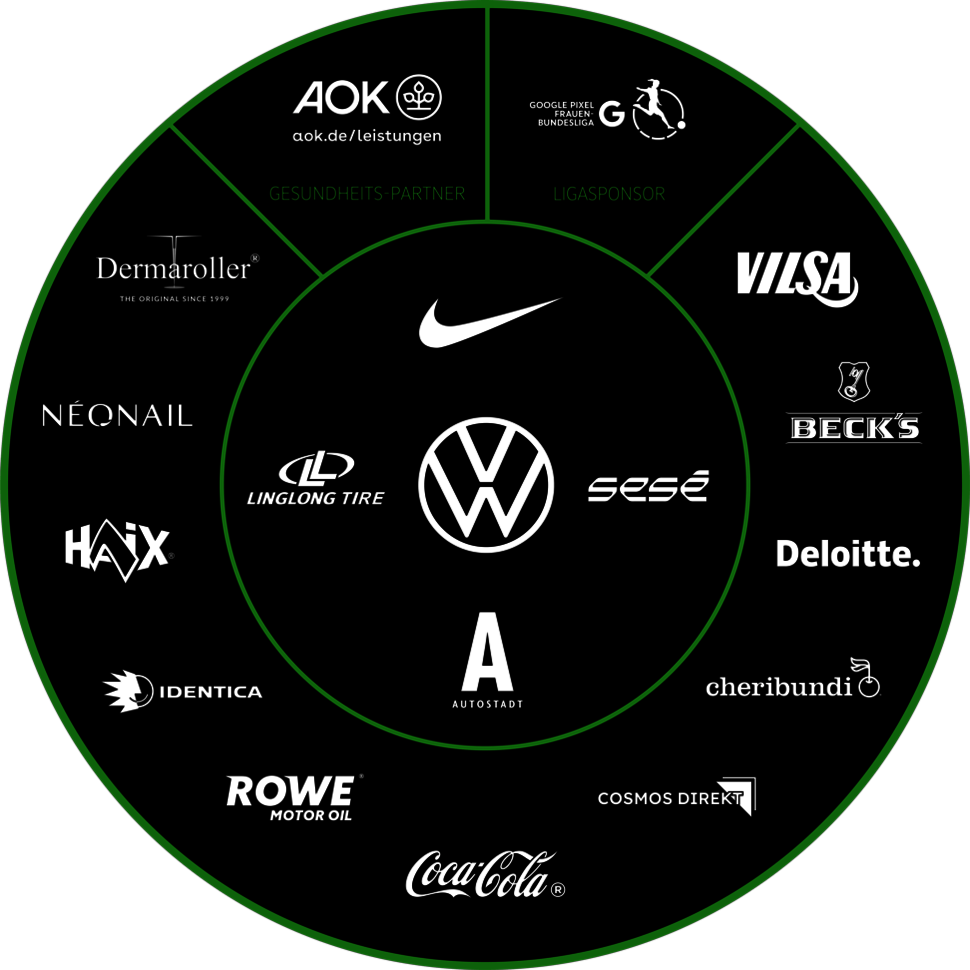Ridle Baku, what made you join forces with the children’s aid organisation World Vision to help boys and girls in the Democratic Republic of Congo?
Ridle Baku: “I’d been thinking about it for quite some time. And I was also lucky enough to have had Josh Guilavogui as a team-mate previously at VfL, and I saw a bit about how his project in his homeland had worked and that gave me the incentive. He’d already done something along these lines, just like Dodi Lukebakio. So I went with my family to Congo for the first time to get my own impressions. I don’t like helping without first seeing for myself what is actually going on, so the trip to see what it was like on the ground was very important.”
And after your trip, did you then approach World Vision?
Ridle: “That’s right. World Vision have already collaborated with other people from the world of sport, like Nadiem Amiri and Kingsley Schindler. World Vision gave me a way in to be able to able to effect some change over there. I don’t really have any experience abroad and hardly know anybody in Congo, so I didn’t want to do that on my own – I wanted to work with an organisation that has the right expertise and experience.”
What is the exact aim of the ‘Improved after’ project?
Ridle: “My brothers and I thought long and hard about what we could do. What was important for us was the education side of things, because that is the key to everything. If you don’t get the right schooling, it’s tough to make up the deficit in later life and harder to get into the world of work than it is for those who went to school. We knew exactly that that was what we wanted to concentrate on. We want to invest in children and their access to education – at an early stage.”
At the moment, you are working to help the children who are the most underprivileged, in the disputed Beni region in North Kivu province. The project, that is now up and running, is designed to help children of school age and girls in particular to have access to the right amount of education in seven primary schools.
Ridle: “Yes, I think that there is plenty of room for things to get done in the east of the country. It’s where 80 per cent of the world’s coltan reserves are found and mined – it’s a metallic ore used for example in the manufacturing of mobile phones. Congo is a country that is rich in natural resources, which is why there is so much conflict. And it’s why it was so important to me for us to start off there. And when we visited my father’s brother, we went out and managed to find ten footballs that we could buy, that we then handed out. I’ve rarely seen gratitude on such levels.”
What are you managing to do out there?
Ridle: “It’s important to have the necessary teaching staff there, but the most critical thing first and foremost is to have a building available, for people to have access to education and drinking water, and at the same time to protection. That’s particularly important for women, because unfortunately that isn’t always the case. This is why the project specifically focuses on girls and on their protection as well as their education.”
What else made an impression on you over there?
Ridle: “The land itself! It’s incredibly beautiful and really made an impression on me. I fell in love with Congo even more.”
Is there a way to support your project?
Ridle: “That would be great – an account has been set up with World Vision to receive donations.”
INFORMATION ON THE PROJECT
